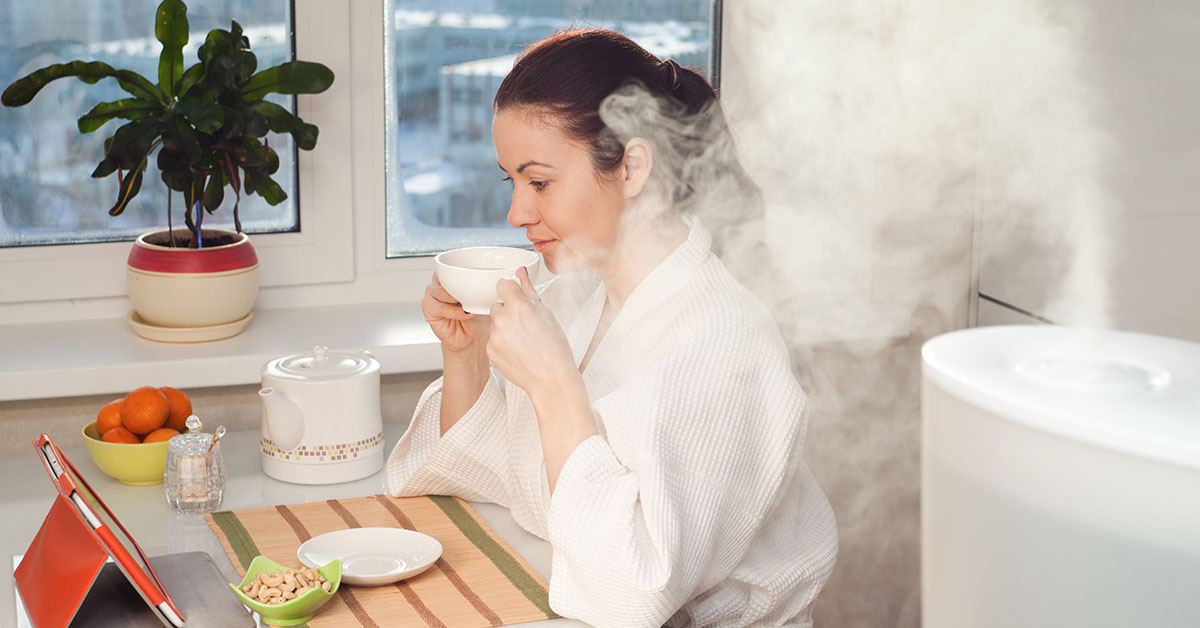
What is Voice Hoarseness?
A hoarse voice is generally a symptom or result of some other underlying condition or cause. Hoarseness is described as a raspy voice, typically associated with a dry or itchy throat. A hoarse voice will usually prevent you from producing your normal smooth vocal sounds and words.
Causes of Voice Hoarseness
Hoarseness is typically a symptom of these potential underlying causes:
- Upper respiratory tract viral infection
- Common colds
- Excessive coughing
- Smoking tobacco products
- Allergies
- Overuse of your vocal cords such as through screaming or singing
- Acid reflux or GERD
- Repeated consumption of alcoholic or caffeinated drinks
- Throat or lung cancer
- Trauma or impact damage to your throat or voice box
- Thyroid problems
- Neurological disorders
Symptoms and Diagnosis of Voice Hoarseness
Symptoms describing a hoarse voice can include an abnormally weak, airy, or raspy voice. Coughing, sneezing, or dry/itchy throat often accompany a hoarse voice.
If your voice hoarseness continues for longer than a week or two, visit your ENT specialist. Diagnosis of voice hoarseness will usually involve a review of your general health and history of your hoarse voice symptoms, followed by a physical examination.
The physical examination will likely include the ENT specialist taking a closer look at the voice box and surrounding areas using a laryngoscope, which is a small lighted mirror. Additionally, lab tests such as x-rays or a biopsy may be performed to examine some of the potential causes of voice hoarseness.
Treatments for Voice Hoarseness
Treatment for voice hoarseness will depend on the specific underlying condition that is causing your hoarse voice.
Treatment may involve the following:
- Resting the vocal cords
- If nodules or polyps are present on the vocal folds, surgery may be recommended to correct them
- Over-the-counter or prescribed medication to address infections, acid reflux, or GERD
If your voice hoarseness is a result of your environment or lifestyle, it may be advised that you do some of the following:
- Reduce or eliminate caffeine and/or alcohol consumption
- Stop smoking or avoid second hand smoke from tobacco products
- Avoid overuse of vocal cords (screaming or singing)
- Drink additional water
- Use a humidifier in your home to increase the humidity and moisture present in the air
- Avoid spicy foods



